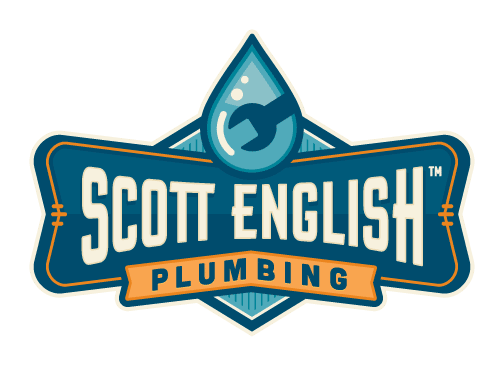4 Ways to Stop Mold and Mildew Damage
No property owner is a fan of a flooded basement or growth of mold and mildew. This is because aside from being unsightly, these are conditions that can endanger your health and cause countless damage to your property. How can you prevent costly damage from happening?
5 Suggestions to Stop Mold and Mildew Damage
1. Controlling Moisture
Mold and mildew feeds on moisture and uses it to grow and expand. Therefore, one of the keys to stopping any potential damage is at its source. How can you control the dampness inside your home to prevent mold and mildew growth? The key is knowing where the growth usually lies.
In majority of homes the worst hit part would be the crawlspaces, walls, basements, and attics. Making sure that these portions of your home are kept dry always keeps you a step ahead of the mold and mildew growth.
Furthermore, these areas are not supposed to be damp, so, if they are, this can be a sign of a possible leak in your plumbing system. Another thing that you must ensure is to have adequate ventilation in these areas to keep the foundation of your home strong and stop mold and mildew growth in its tracks.
2. Immediate Cleaning
Do you often give in to procrastination? Do you usually stall when it comes to cleaning small amounts of mold growth? What you need to realize is that even the smallest sign of growth in the damp locations of your home can lead to something critical without you knowing it.
Do you see molds on the grout lines in your shower? Scrub it off immediately with a water and detergent solution. Make sure to completely dry it off to get rid of the mold. If you see that the growth is in its advance stage, use a 90-10 water and bleach solution. Brush or spray the solution on the affected area and let it sit for about 10 minutes before rinsing and drying it off.
Keep this up on a regular basis to ensure that things to not get worse and you are suddenly faced with uncontrollable mold and mildew growth. Keep in mind that the longer surfaces remain wet, the likelihood of damage becomes more pronounced and permanent. The more you delay, the more difficult and costly the removal process begins.
3. Stop Leaks Fast
One of the biggest contributors to mold and mildew growth would have to be plumbing leaks. This is especially true for pinhole leaks behind walls or the foundation of your home. The biggest threat with these types of leaks is that they can go unnoticed for long periods until the damage has already been done. Make it a habit to look at your monthly water bills to see any unexplainable spike in your consumption. This can be a sign of undetected leaks.
For leaks, the best way to deal with them and ensure that you get to the source and not just the symptoms is to call in highly trained and skilled plumbing experts. Schedule a periodic checkup of your plumbing system to ensure that you do not get caught unaware of impending problems that can cause damage to your property.
4. Other Remedies
There are other preventive measures that you can do that do not require much plumbing skill or knowledge. For example, you can go to your local hardware and ask the paint dealer for paints that contain mildewcide. This material helps to control surface mold and should be used in areas that are prone to mold and mildew growth like shady areas and bathrooms for example. Use generous coatings to protect your property.
Since moisture is the primary enemy, getting into the habit of squeegeeing your shower after each use will go a long way in controlling unwanted growth. Use the squeegee on the walls to remove excess water, which will effectively remove about three-fourths of the moisture that can contribute to the growth.
Excessive moisture can also be a sign of potential plumbing problems. To make sure that you do not become a victim of one, call Scott English Plumbing today and arrange for an inspection of your plumbing system.


